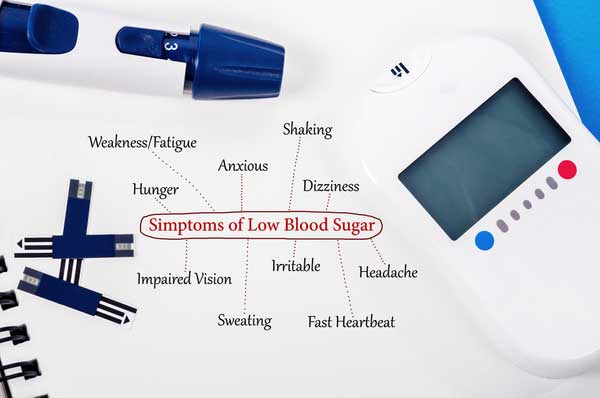Diabetes and high blood sugar affect millions of people worldwide. While diet and lifestyle changes are critical, certain supplements may also help lower blood sugar levels naturally. Here are the top 3 supplements with scientific evidence supporting their use.

Over 400 million people globally have diabetes, and prevalence is rapidly rising. Diabetes occurs when the body cannot properly regulate blood sugar levels. Medications like metformin help manage diabetes but have unpleasant side effects. Many people are now turning to natural supplements as an adjunct to lower blood sugar levels.
In this article, we will cover the top 3 supplements with strong scientific evidence supporting their ability to lower blood glucose levels: berberine, chromium, and cinnamon. Read on to learn how they work, optimal dosing, and safety considerations.
Berberine for Lowering Blood Sugar
Berberine is a compound found in several plants like goldenseal and barberry. It’s been used in Chinese and Ayurvedic medicine for centuries to treat infections. However, studies since the 1980s have shown berberine also has impressive anti-diabetic effects.
But how does berberine lower blood sugar? One of the main mechanisms is that it activates an enzyme called AMPK. AMPK acts as an energy sensor in cells, and when switched on, it helps the body better utilize glucose and regulate metabolism.
Multiple studies confirm berberine’s ability to lower hemoglobin A1C and fasting blood glucose in diabetics. Berberine may work through several pathways:
- Improving insulin sensitivity
- Increasing sugar breakdown inside cells
- Reducing sugar production by the liver
- Slowing carbohydrate breakdown in the gut
A 2008 study followed 116 diabetics taking 1 gram per day of berberine. The results showed a 20% decrease in fasting blood glucose and a 12% reduction in A1C levels. Berberine may also lower triglycerides and promote weight loss.
The common dosage for berberine is 1.5 grams per day, split into multiple doses taken before meals. Talk to your doctor before taking berberine, as it can interact with some medications like cyclosporine. Side effects are generally mild, including diarrhea, constipation, and bloating.
Chromium for Enhancing Insulin
Chromium is an essential mineral that enhances insulin. It allows insulin to work more efficiently to lower blood sugar.
Many groups are at higher risk of chromium deficiency, like the elderly, pregnant women, competitive athletes, and those consuming high sugar diets.
Several studies demonstrate the benefits of chromium supplements in diabetics. A 12-week study of diabetics found chromium significantly lowered fasting and after-meal blood glucose compared to placebo.
Out of the different forms of chromium, chromium picolinate is absorbed optimally. Doses up to 1,000 mcg daily appear safe in most individuals. Those with kidney or liver disease should avoid chromium.
Cinnamon for Improving Insulin Sensitivity
Cinnamon is a commonly used spice in cooking, but it also has medicinal effects on lowering blood sugar. It contains compounds that mimic insulin and increase sugar uptake into cells.
Cinnamon also boosts insulin sensitivity so that cells remove more glucose from the bloodstream. It further helps by slowing stomach emptying and limiting post-meal blood sugar spikes.
Most studies have used 1-6 grams of cinnamon extract powder or capsules and demonstrated notable reductions in fasting blood glucose. However, not all cinnamon products are created equal.
Ceylon cinnamon contains very little coumarin, so doses up to 6 grams appear safe. Cassia cinnamon has higher coumarin content, so stick to 0.5-1 gram daily. Work with your doctor to find an optimal cinnamon dosage.
Conclusion
Berberine, chromium, and cinnamon are evidence-based natural supplements that may help lower blood sugar in diabetics. They can be used alongside medications and lifestyle changes.
However, consult your healthcare provider before starting any new supplement, especially if you take prescription medications. While generally safe, they may interact with certain drugs or health conditions.
Proper diet, exercise, and stress management are still the foundations of blood sugar control. View supplements as helpful additions to an overall diabetes management plan. Monitoring your blood glucose levels will help you assess their effectiveness.
